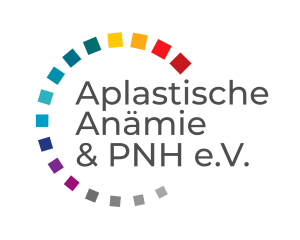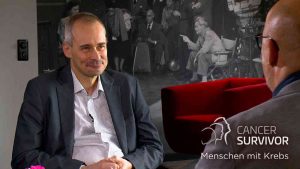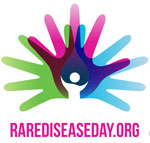Studying with an invisible disability – a student explains

A disability - what is it actually? This question is not so easy to answer, because what is commonly understood as a disability can come in many forms and expressions - and then there is also the type of disability that is not noticed at first glance: we are talking about the so-called "invisible disability" . Examples of this are chronic illnesses and disabilities, which are associated with fatigue and rapid exhaustion and thus impair social participation. Aplastic anemia and paroxysmal nocturnal hemoglobinuria can also be included. While in the case of invisible disabilities the possible stigmatization by others does not apply from minute one of getting to know each other, this non-recognition of the disability also leads to expectations that are sometimes overwhelming. Ly Tran has to struggle with this again and again: Ly is a linguistics student and reports in the podcast seriesREAD MORE




